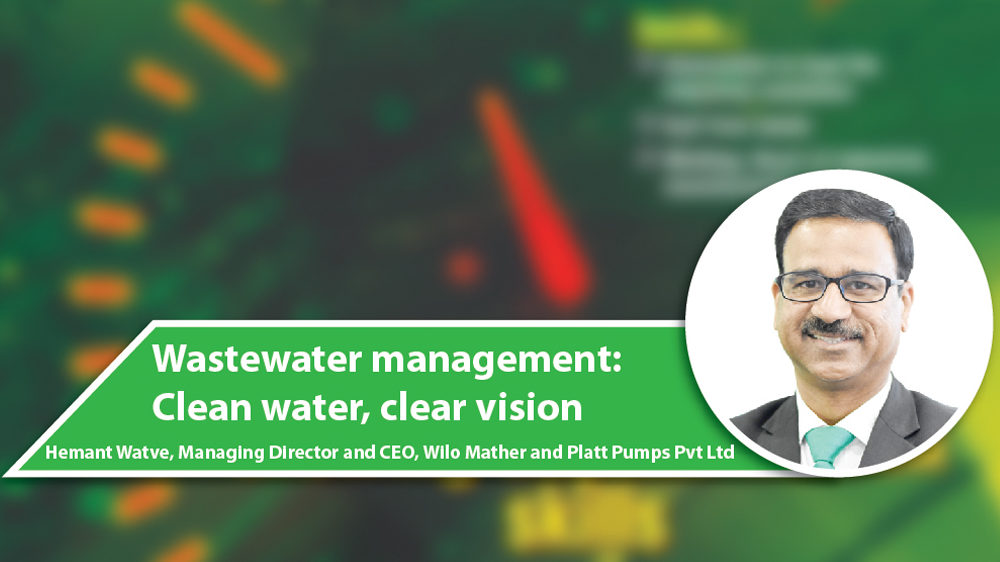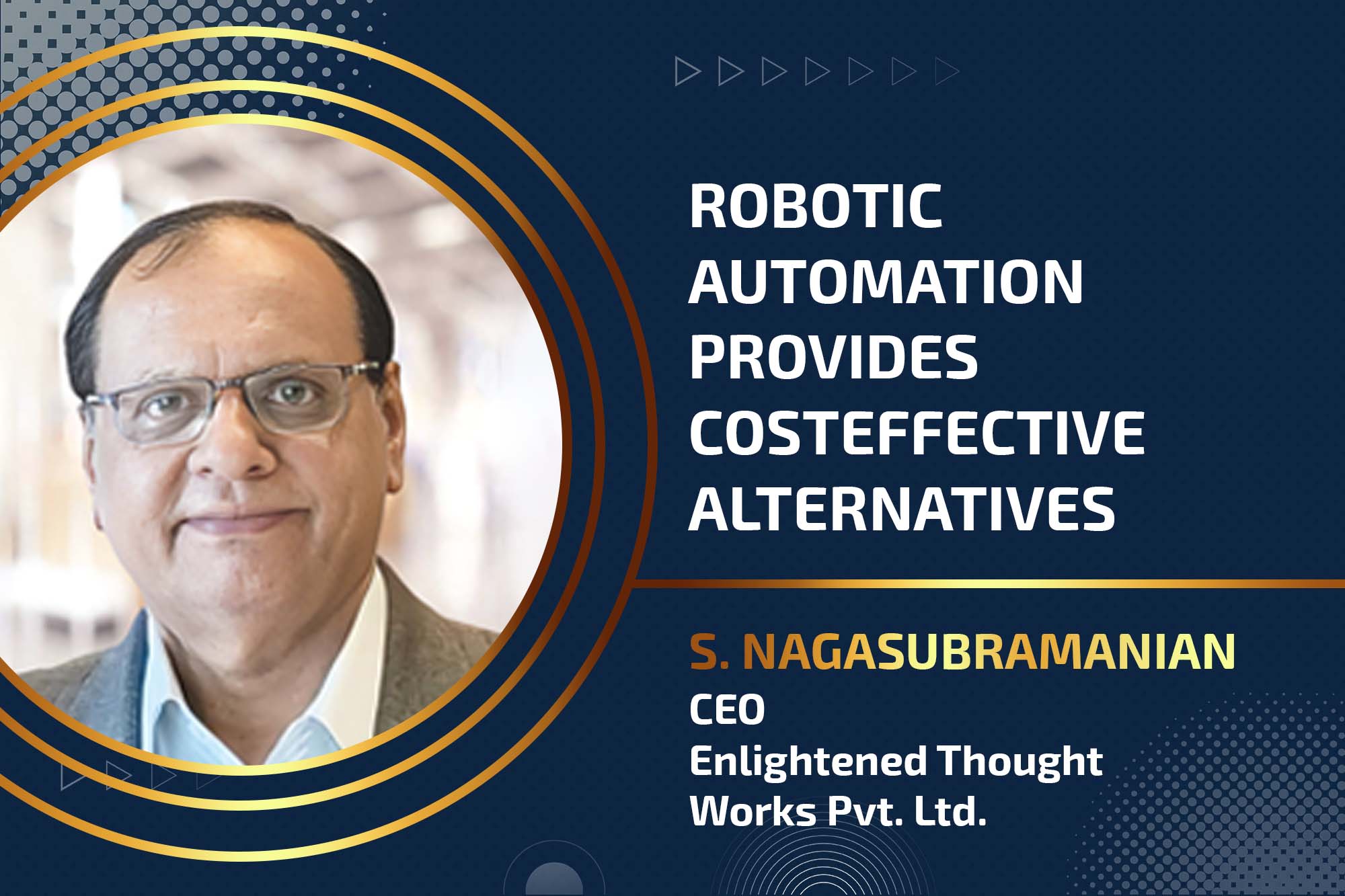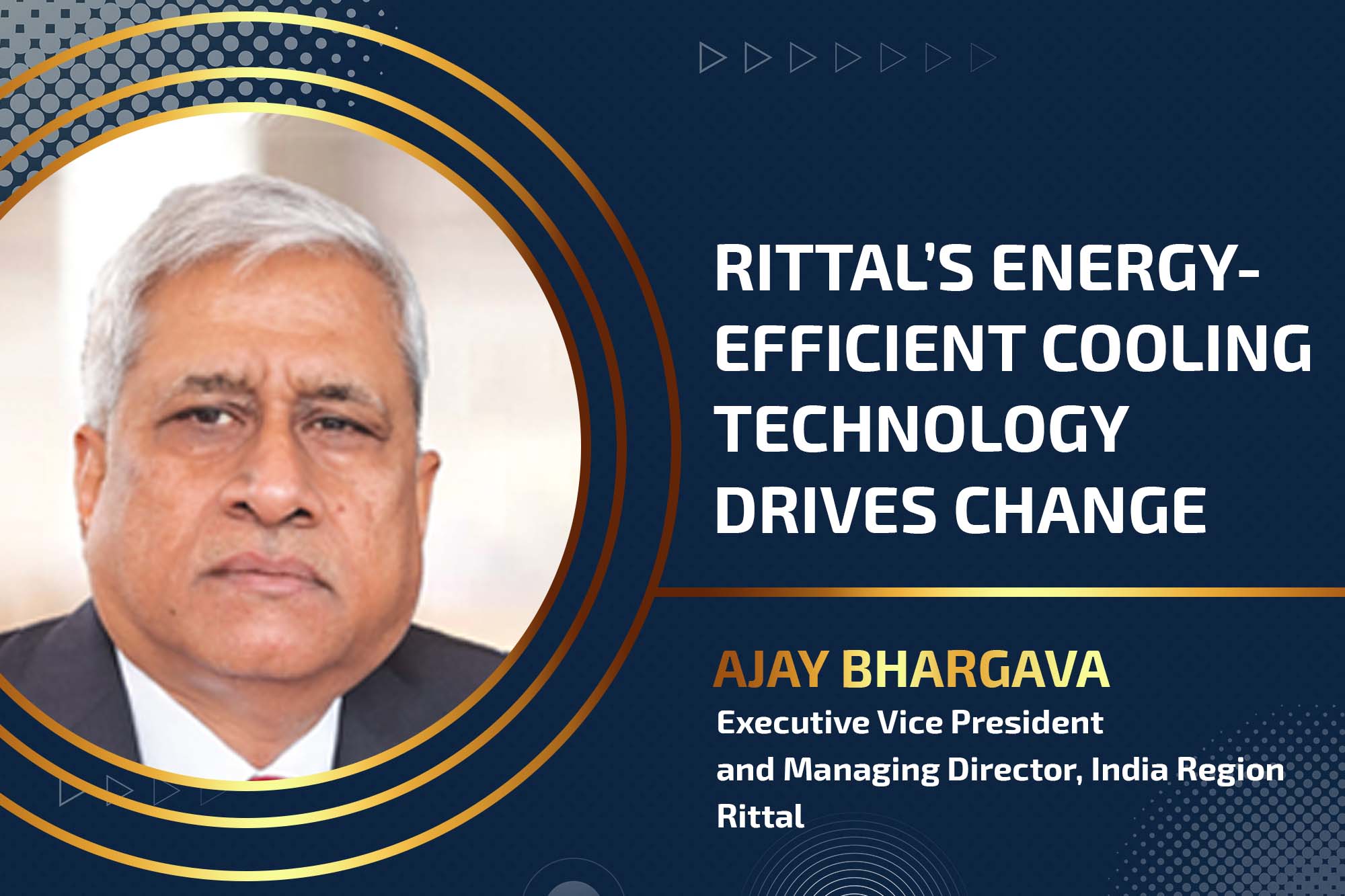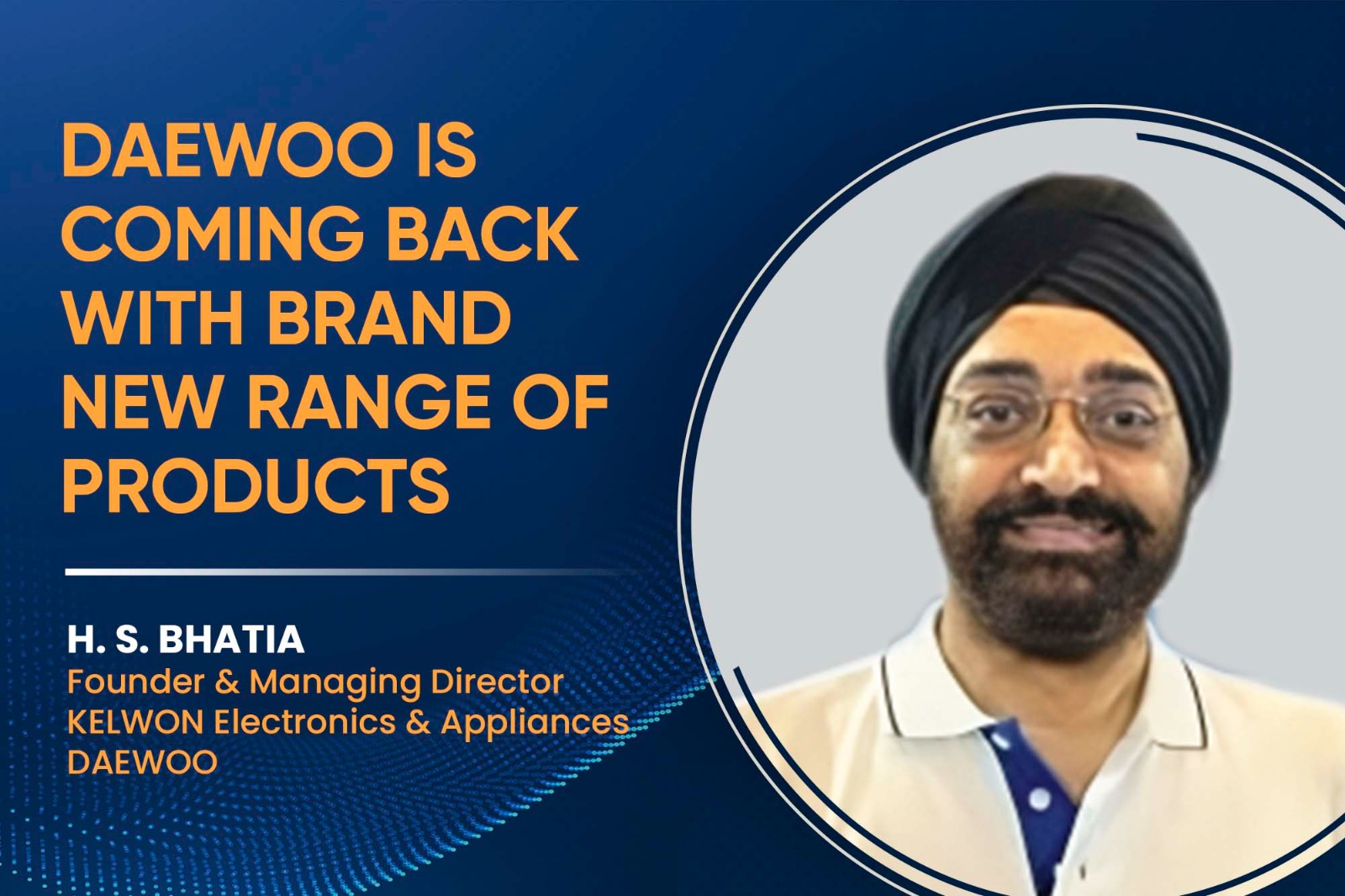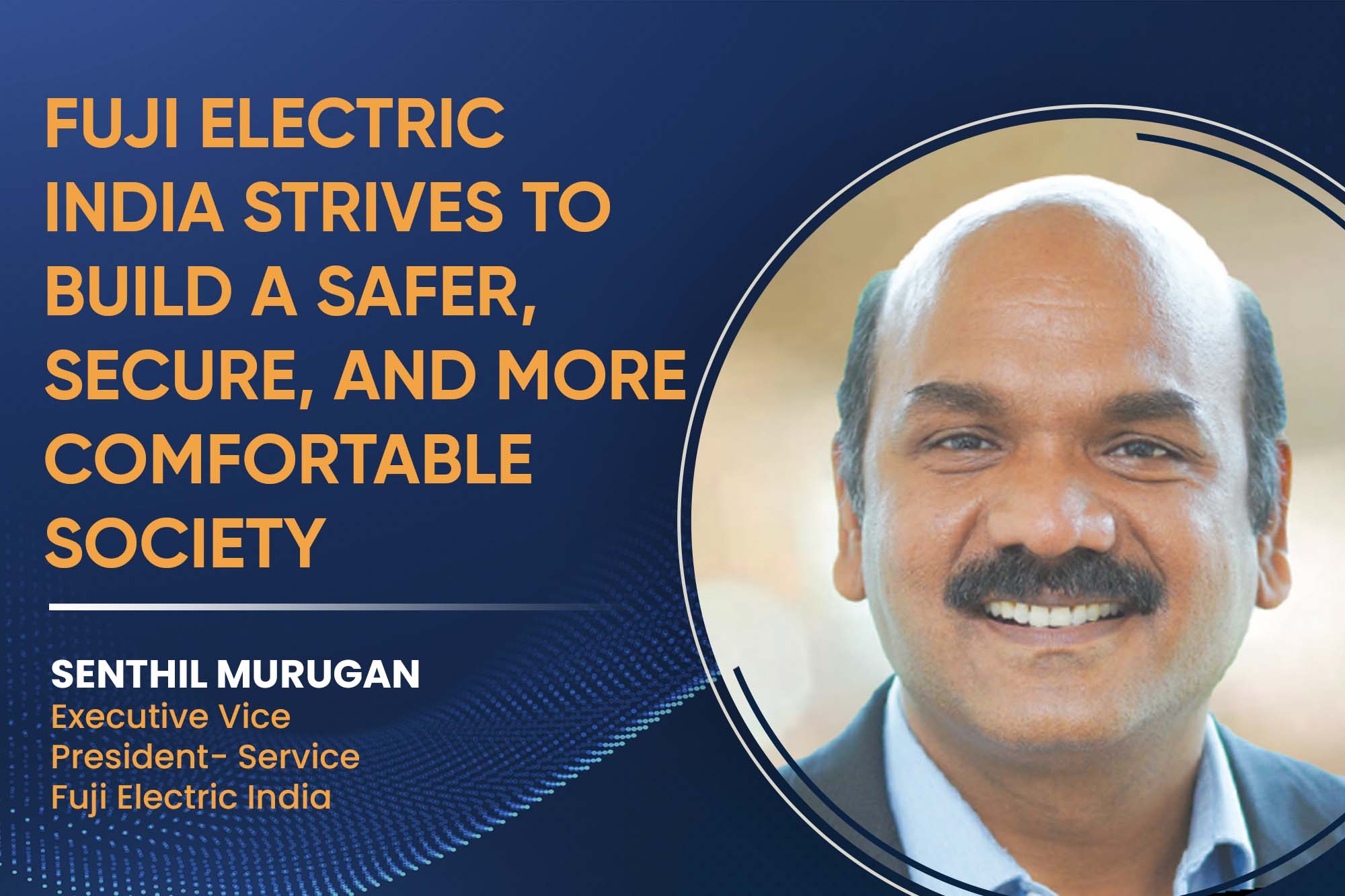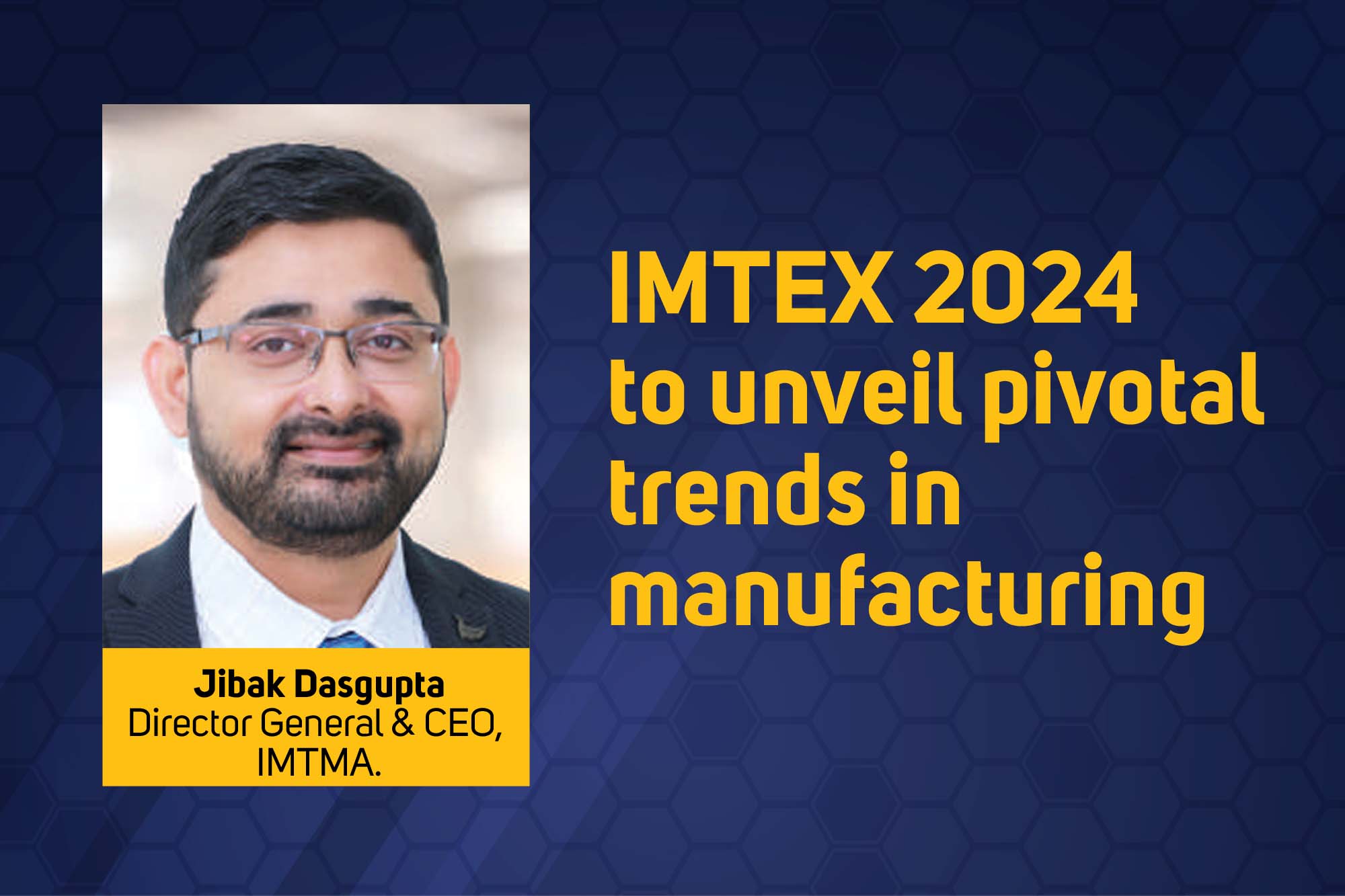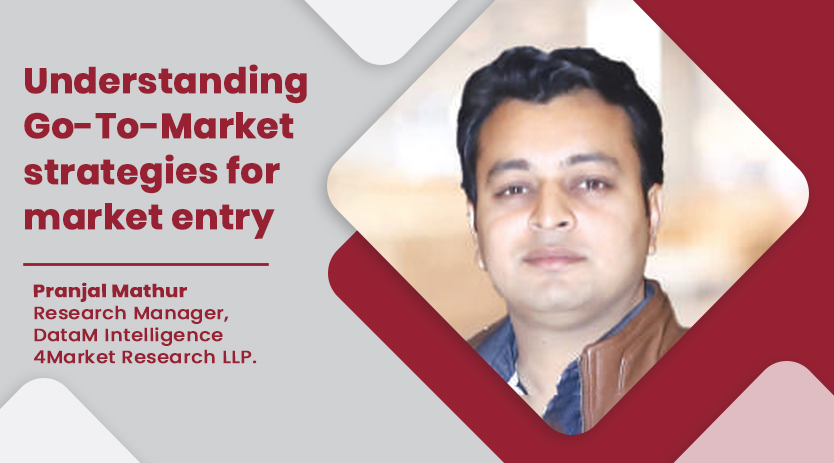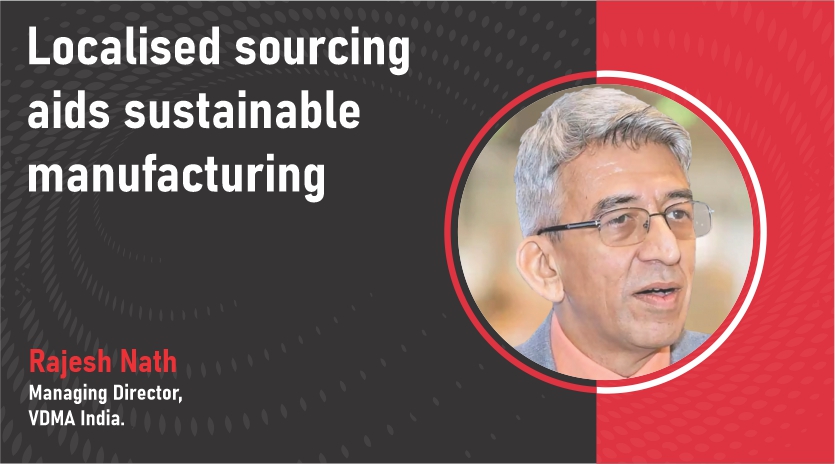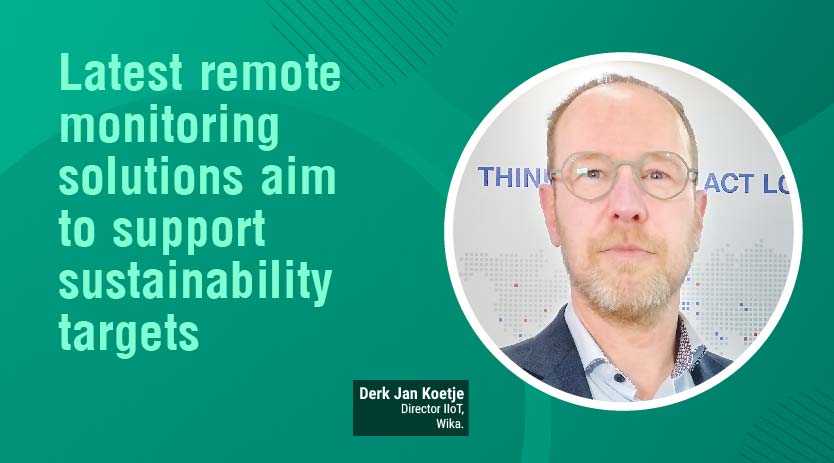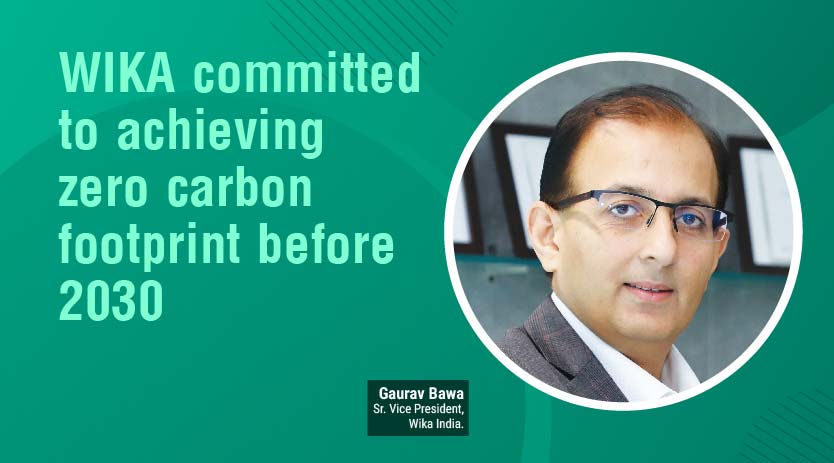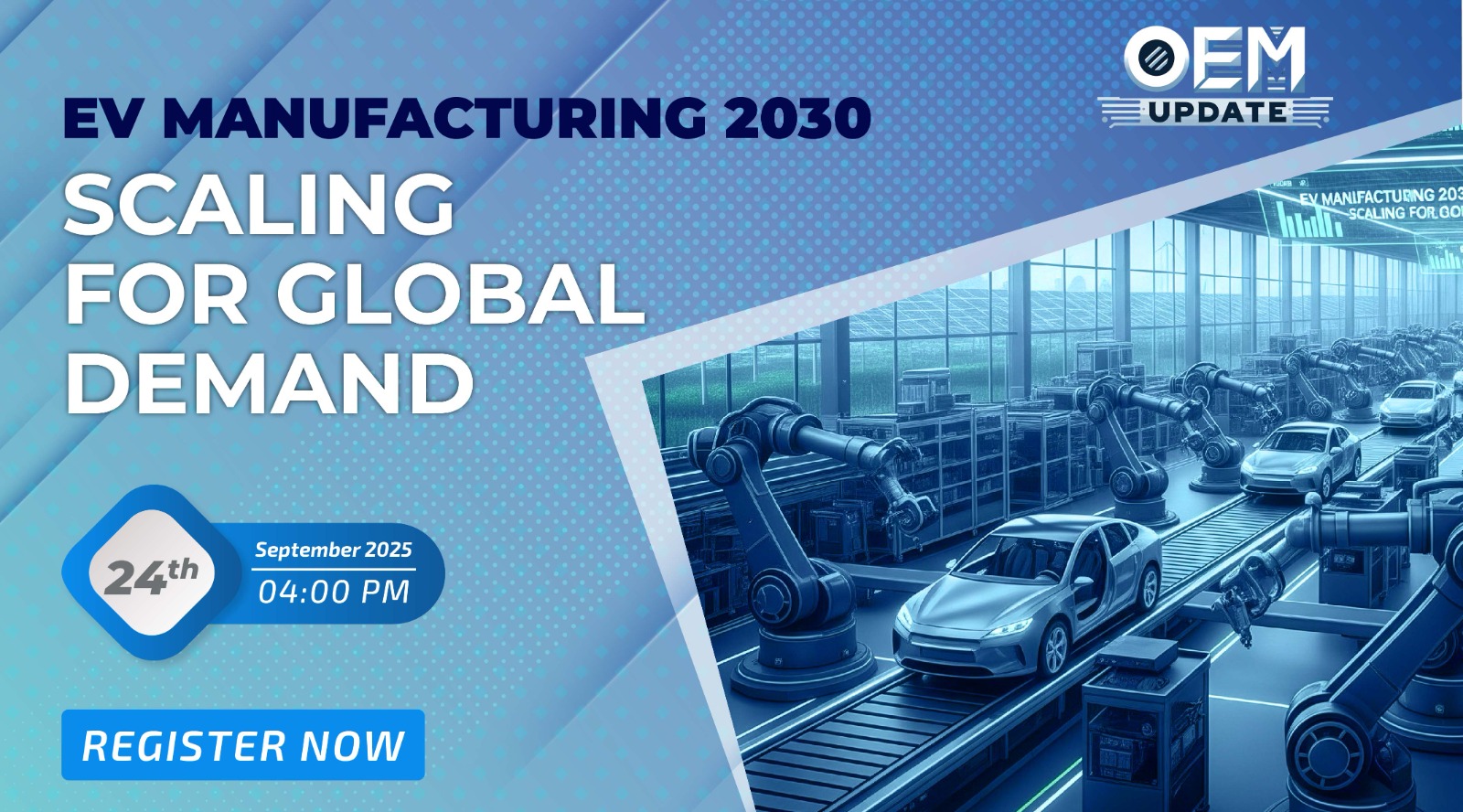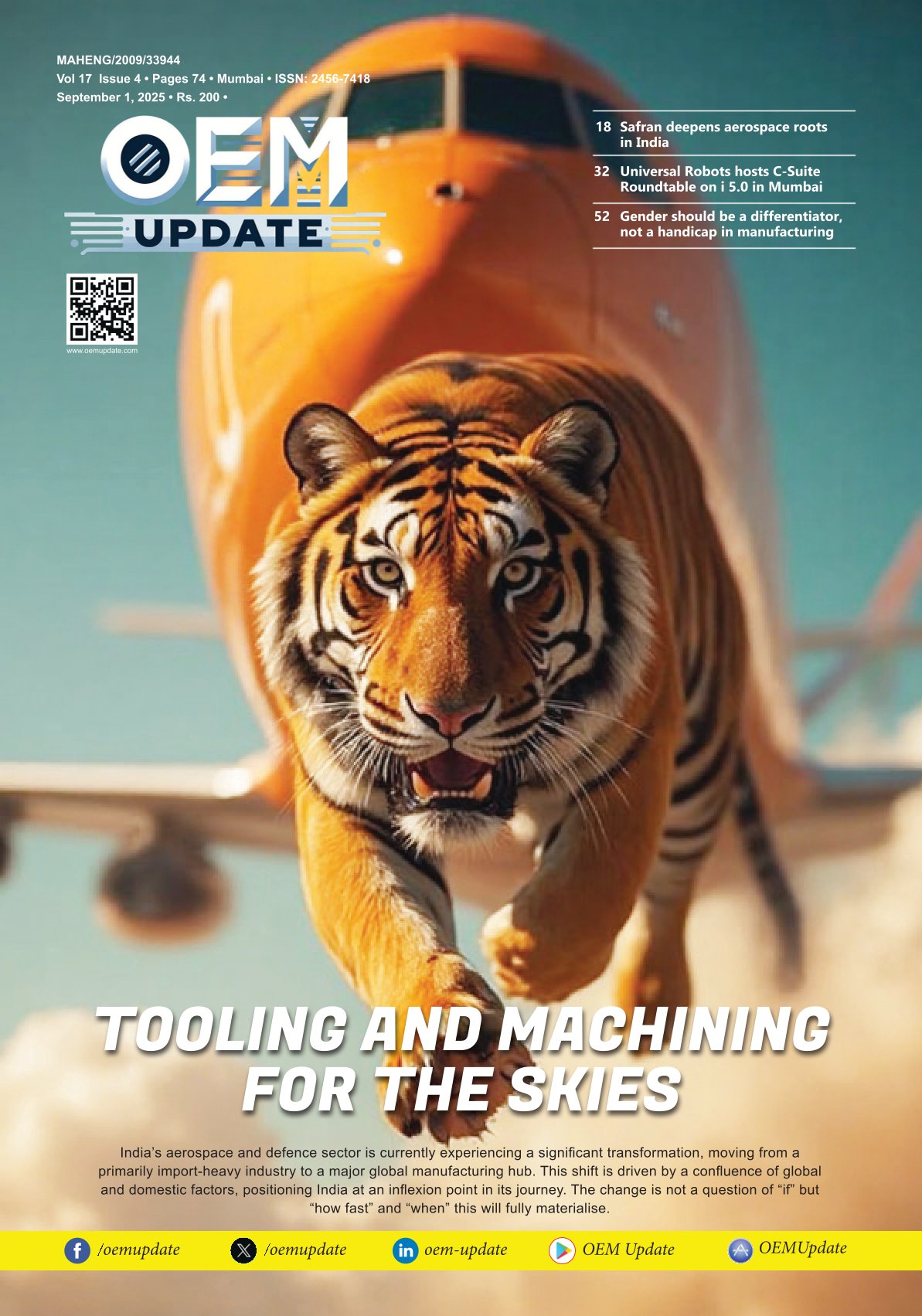Wastewater management: Clean water, clear vision
By OEM Update Editorial November 13, 2018 3:17 pm IST
‘Government initiatives have played a major role in making the companies implement wastewater treating facilities’
Hemant Watve, Managing Director and CEO, Wilo Mather and Platt Pumps Pvt Ltd
India and several other countries are witnessing water scarcity and the availability of freshwater is also dwindling because of pollution. In an interview with Aultrin Vijay, Senior Sub-editor of this magazine, Hemant Watve, Managing Director and CEO, Wilo Mather and Platt Pumps Pvt Ltd, explains the need for water recycling and the technologies being introduced in the market to extract clean water from wastewater.
How do you reckon the imperative need for wastewater management?
This is where I think the government of India has taken the right step by initiating Namami Gange — a flagship programme by the union government to conserve and rejuvenate River Ganga. Such initiatives should also be taken at regional levels so that we would be able to focus on protection of water bodies and conserve them for the future. So far, the initiatives have been good, but the results are yet to be seen. So, we expect to see good results in the coming future.
How do you reckon water purification for enhanced sustainability?
If we talk about the current water purification technology, we could see there’s wastage of water because of techniques such as reverse osmosis (RO), which is not feasible in India. We need to judiciously use that technology. So, we need to choose the technology that would be good for us and our economy.
We have introduced products that are capable of providing potable water without any harmful bacteria or viruses. However, minerals are removed in some processes such as reverse osmosis (RO), which should be avoided.
How do you define the economies of wastewater recycling?
The economies of wastewater must be seen from different perspective. For example, if you have to harvest rain water, then you have to build dams and reservoirs. That would cost millions or even billions,
which would also affect farmers. So that has to be weighed against treatment of water, which can be reused and reutilised.
Is there any wastage of water during the purification process?
There will be some wastage, of course. But that waste, also called sludge, can be compressed and water can be extracted. So you can approximately say almost 90 per cent of the water will be recycled and used.
Has government initiatives been beneficial?
Yes. Government initiatives have played a major role in making the companies implement wastewater treating facilities. But awareness among industries should be the first priority. Once the industries are aware about the vast benefits of treating wastewater and utilising it for industrial purposes, then the government initiatives would help mobilise the use of wastewater recycling.
How do you deal with different scales of pollution?
Each scale of pollution has different mechanisms to restrict waste and this is what the present-day technologies are talking about. The consumption of energy to treat less polluted water is much lower than highly polluted water. So you have to compare on that scale.
Would people accept treated water for consumption?
In Singapore, 20-30 per cent of the water that citizens get is actually treated from sewage and people are drinking it. So there is no stigma attached to the water. This is where the education comes into picture. Once the upcoming generation is educated well enough, there would be no stigma associated with recycled wastewater. For example, the water that is released in rivers in Pune is sewage. After few kilometres, you again take water from the same river, treat it, and supply it to the citizens. So where is that stigma? So it’s the psychology, which needs to be adjusted.
Tell us a bit about your new products.
The latest products that we’ve launched are now all about energy efficiency and smartness in the product itself. Smartness means they are able to communicate with each other and the system. That’s the latest range uses WiFi and ETHERNET technology for better connectivity. Now, connectivity is made possible even in submersible pumps
with the help of ETHERNET technology. We’ve also introduced Wilo-Safe Water ATM, which is highly efficient and equipped with top notch technology. It’s a cost effective solution to obtain fresh water, which is free from bacteria and viruses. It comes equipped with integrated self-check system, which can detect air bubbles and stop operating if there are any leakages. It’s also capable of providing chlorine-free water, thus providing safe water for consumption.
Please walk us through the emerging trends in pumping technologies.
For water extraction, unfortunately, we Indians really exploited mother earth. So we should rather go for recycling than extracting the water and consuming more and more power. Other than that, if we treat the available water, it would be more beneficial. The concept of looking at water resources needs to be holistic. We must have seamless technology adaption, which is required for humans. The uniqueness in our products are that when we do the engineering, it is done in such a way that it is robust, that it can last the time standards and constantly innovate the use of power, handling of the products and this all will culminate into betterment and this is what we at Wilo are obliged to do it.
Cookie Consent
We use cookies to personalize your experience. By continuing to visit this website you agree to our Terms & Conditions, Privacy Policy and Cookie Policy.



